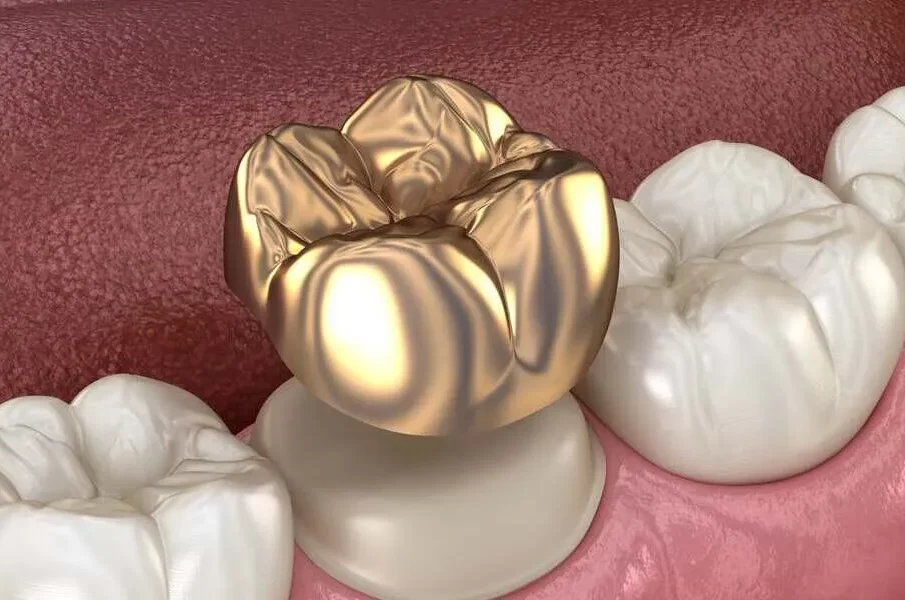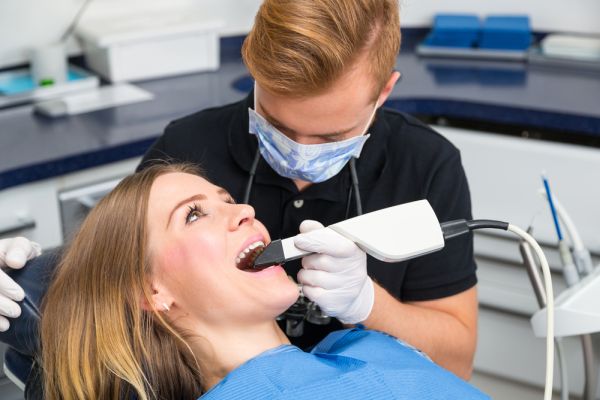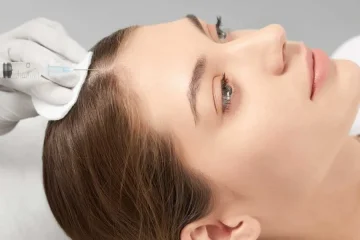Porcelain Crowns: Combining Strength and Beauty

The cosmetic dentist in Cotswold, Charlotte offers porcelain crowns to restore a diseased or damaged tooth structure. These restorations furthermore, rebuild the tooth structure after dental procedures like root canal therapy.
Porcelain crowns are a popular choice for restoring damaged or decayed teeth due to their natural appearance, durability, and versatility. Made from high-quality ceramic materials, porcelain crowns mimic the look and feel of natural teeth, making them an ideal solution for individuals seeking cosmetic and functional dental restoration.
What are the types of porcelain crowns?
There are several types of porcelain crowns, including:
- Full porcelain crowns: Made entirely of porcelain, these crowns offer superior aesthetics and are ideal for front teeth.
- Porcelain-fused-to-metal (PFM) crowns: A metal base is covered with porcelain, offering strength and durability.
- Zirconia-based porcelain crowns: A zirconia base is used, providing added strength and stability.
- Lithium disilicate crowns: Made from a type of ceramic material, these crowns are strong and durable.
- Emax crowns: Made from a type of lithium disilicate ceramic, these crowns are highly aesthetic and durable.
What are the benefits of porcelain crowns?
Benefits of porcelain crowns include:
- Aesthetics: Porcelain crowns offer a natural, tooth-like appearance, blending seamlessly with surrounding teeth.
- Durability: Porcelain crowns are resistant to wear and tear, with a lifespan of 10-15 years or more with proper care.
- Strength: Porcelain crowns are capable of withstanding biting and chewing forces.
- Stain resistance: Porcelain crowns are resistant to stains, maintaining their color and appearance over time.
- Biocompatibility: Porcelain crowns are non-toxic and hypoallergenic, reducing the risk of adverse reactions.
What is the procedure for getting porcelain crowns?
The procedure for getting porcelain crowns typically involves the following steps:
Step 1: Consultation and assessment
– The dentist evaluates the tooth and surrounding area to determine if a porcelain crown is the best option.
– Discuss the patient’s expectations, budget, and any concerns.
Step 2: Preparation of the tooth
– The dentist numbs the area and removes any decay or damaged tooth structure.
– Shape the tooth to accommodate the crown.
Step 3: Impressions and measurements
– Takes impressions of the prepared tooth and surrounding teeth.
– Measures the bite and jaw alignment.
Step 4: Temporary crown placement
– Places a temporary crown to protect the tooth and maintain aesthetics.
Step 5: Fabrication of the porcelain crown

– The impressions and measurements are sent to a dental laboratory.
– The laboratory creates the porcelain crown.
Step 6: Try-in and adjustments
– The dentist tries on the porcelain crown to ensure proper fit and aesthetics.
– Make any necessary adjustments.
Step 7: Final placement
– The dentist cements the porcelain crown into place.
How to care for your porcelain crowns?
Here are some essential tips to care for your crowns:
- Brushing: Brush your teeth at least twice a day with a soft-bristled toothbrush and mild toothpaste.
- Flossing: Floss daily to remove food particles and plaque from between teeth and under the gumline.
- Avoid hard or sticky foods: Avoid chewing on hard objects, ice, or sticky foods like caramel or taffy.
- Avoid using teeth as tools: Refrain from using your teeth as tools, such as opening packages or biting nails.
- Regular dental check-ups: Visit your dentist regularly for check-ups and cleanings.
- Avoid grinding or clenching: Avoid grinding or clenching your teeth, as this can cause wear and tear on the crown.
- Avoid smoking and tobacco: Smoking and tobacco products can stain and damage porcelain crowns.
- Avoid using abrasive materials: Avoid using abrasive materials like bleach or harsh chemicals to clean the crown.
Porcelain crowns offer a superior dental restoration solution, combining aesthetics, durability, and strength. By understanding the benefits, types, and procedures of porcelain crowns, individuals can make informed decisions about their oral health. With proper care and maintenance, porcelain crowns can provide years of comfortable, confident smiling.













